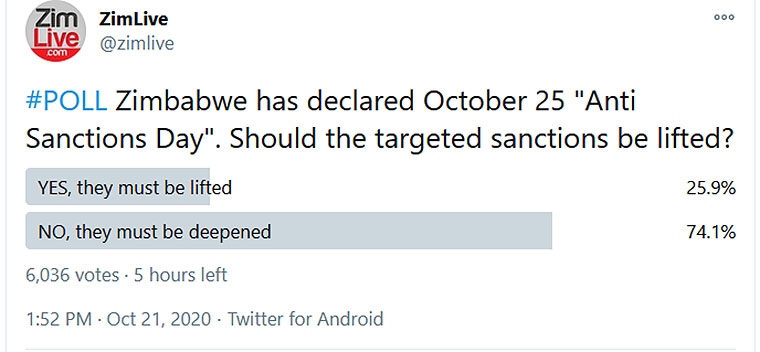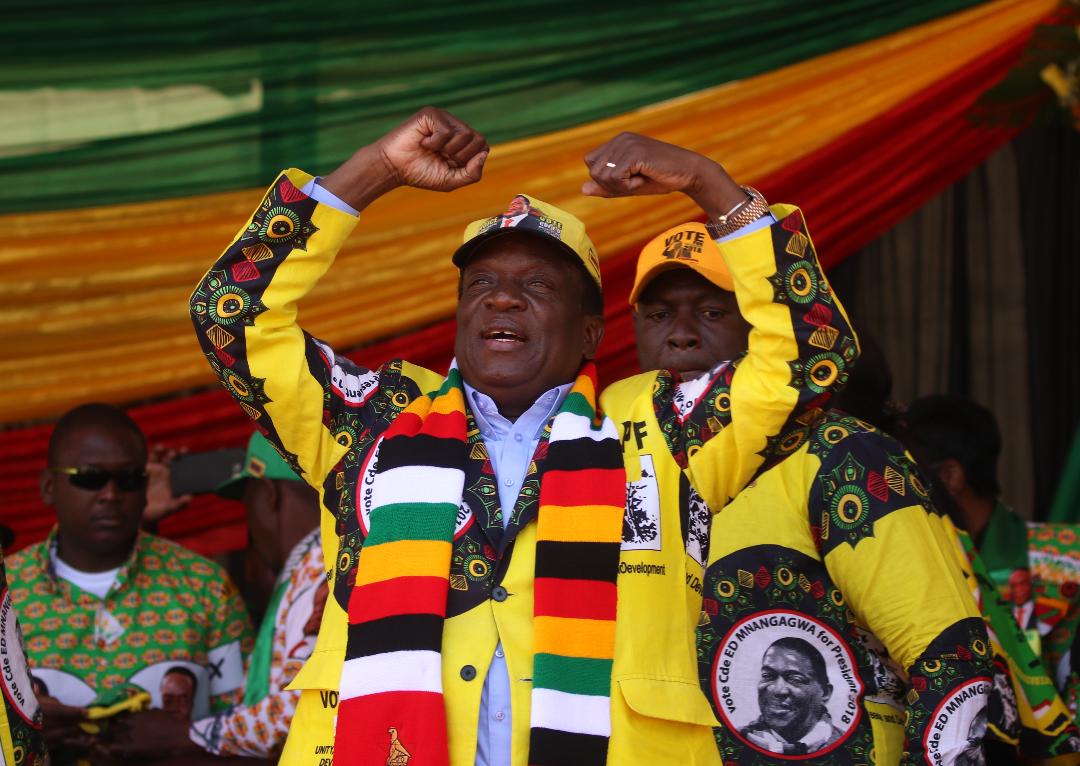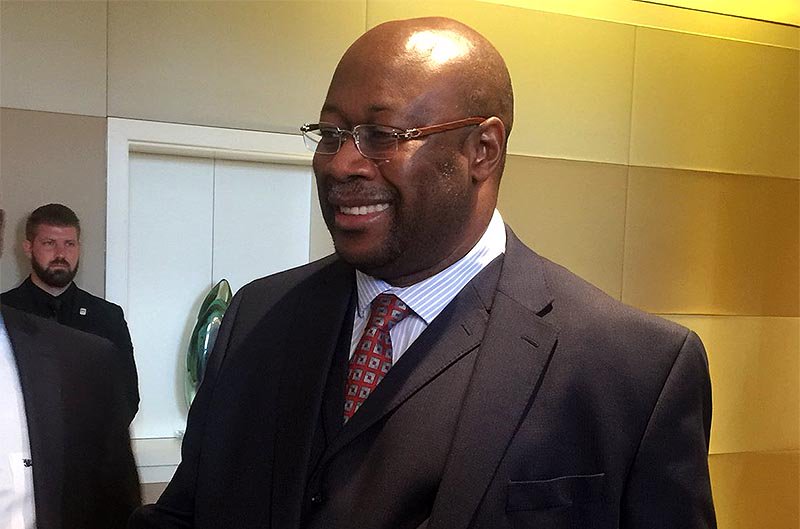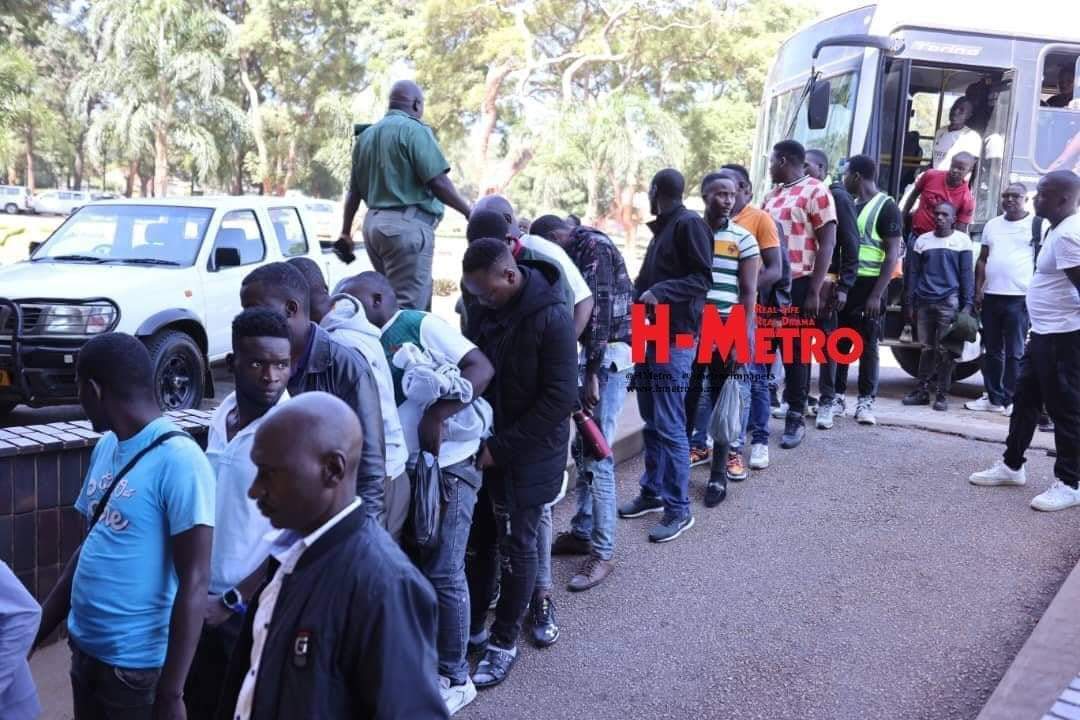HARARE – Seventy-four percent of ZimLive readers would like to see tougher sanctions on President Emmerson Mnangagwa’s regime, according to an online poll.
Over 6,000 mostly Zimbabweans voted in the poll on our Twitter page (@zimlive), timed to gauge the national mood ahead of Sunday’s “anti-sanctions day” declared by President Emmerson Mnangagwa.
Mnangagwa said in a televised address on Sunday that Western sanctions “have been devastating in every sector of our economy” – but this is denied by the European Union, the United States, Britain, Australia and Canada which all say they have only imposed targeted measures against individual perpetrators of human rights abuses and also imposed an arms embargo.
We asked our readers: ‘Should the targeted sanctions be lifted?’ They could vote ‘YES, they must be lifted’ or ‘NO, they must be deepened.’
With over 6,000 votes cast, an astonishing 74 percent of the respondents said the sanctions should remain and be “deepened”, while just 26 percent wanted the sanctions to be lifted.
“My country’s citizens have fallen victim to this indiscriminate weapon of mass destruction which is being deceitfully presented to the world as targeted,” Mnangagwa said.
He blamed sanctions for “limiting Zimbabwe’s capacity to respond to Covid-19” while claiming there was a “vicious cyber-attack and hostile propaganda calculated to divide Zimbabwe.”

The United States’ top diplomat in Africa Tibor Nagy on Sunday said their travel ban and asset freeze on Mnangagwa an some and lieutenants was designed to promote accountability for human rights violators.
The United States remains Zimbabwe’s biggest donor, said Nagy, the Assistant Secretary of State in charge of African Affairs.
“Some falsely blame U.S. sanctions for Zimbabwe’s economic crisis. The truth: the U.S. supports the Zimbabwean people with millions of dollars in assistance. U.S. sanctions target those who violate human rights or engage in corruption,” Nagy said in a statement.
“The purpose is simple: to promote accountability for human rights violators and corrupt individuals, and signal that the U.S. will not turn a blind eye to those who undermine Zimbabwe’s constitution and democratic institutions.”
The United States Senate Foreign Relations Committee also weighed in, accusing Mnangagwa or speaking the language of reform while doing the opposite.
“Actions speak louder than words. The Mnangagwa regime’s mismanagement, looting and repression are responsible for Zimbabwe’s economic problems, not targeted U.S. sanctions. The U.S. remains the largest provider of humanitarian and development assistance to Zimbabweans, not the Zimbabwe government,” the committee said.
The Dutch embassy in Harare also rejected Mnangagwa’s sanctions narrative, insisting that ordinary Zimbabweans were not affected by a European Union arms embargo which has been in place since 2002.
“The E.U. and Netherlands help Zimbabwe grow whilst holding line for human rights and rule of law. Restrictive measures are on Zimbabwe Defence Industries and an arms embargo. Measures don’t target ordinary citizens or non-security sector related businesses,” the embassy said.
The European Union’s Mission in Zimbabwe said the arms embargo was “motivated by the E.U.’s intention to encourage a demonstrable commitment by the Zimbabwean authorities to upholding the rule of law and human rights.”
“We took into account the situation in Zimbabwe, including the yet to be investigated alleged role of the security forces in human rights abuses,” the E.U. mission said in a statement.
Mnangagwa is seeking international solidarity to get all the sanctions lifted, and repeatedly invokes sanctions to explain his government’s failings.
“What needs to be said is that it’s not sanctions, it’s corruption that drives away investors and leaves teachers, doctors, nurses and services struggling. Sanctions don’t hurt ordinary citizens,” the United Kingdom’s ambassador to Zimbabwe Melanie Robinson said.















